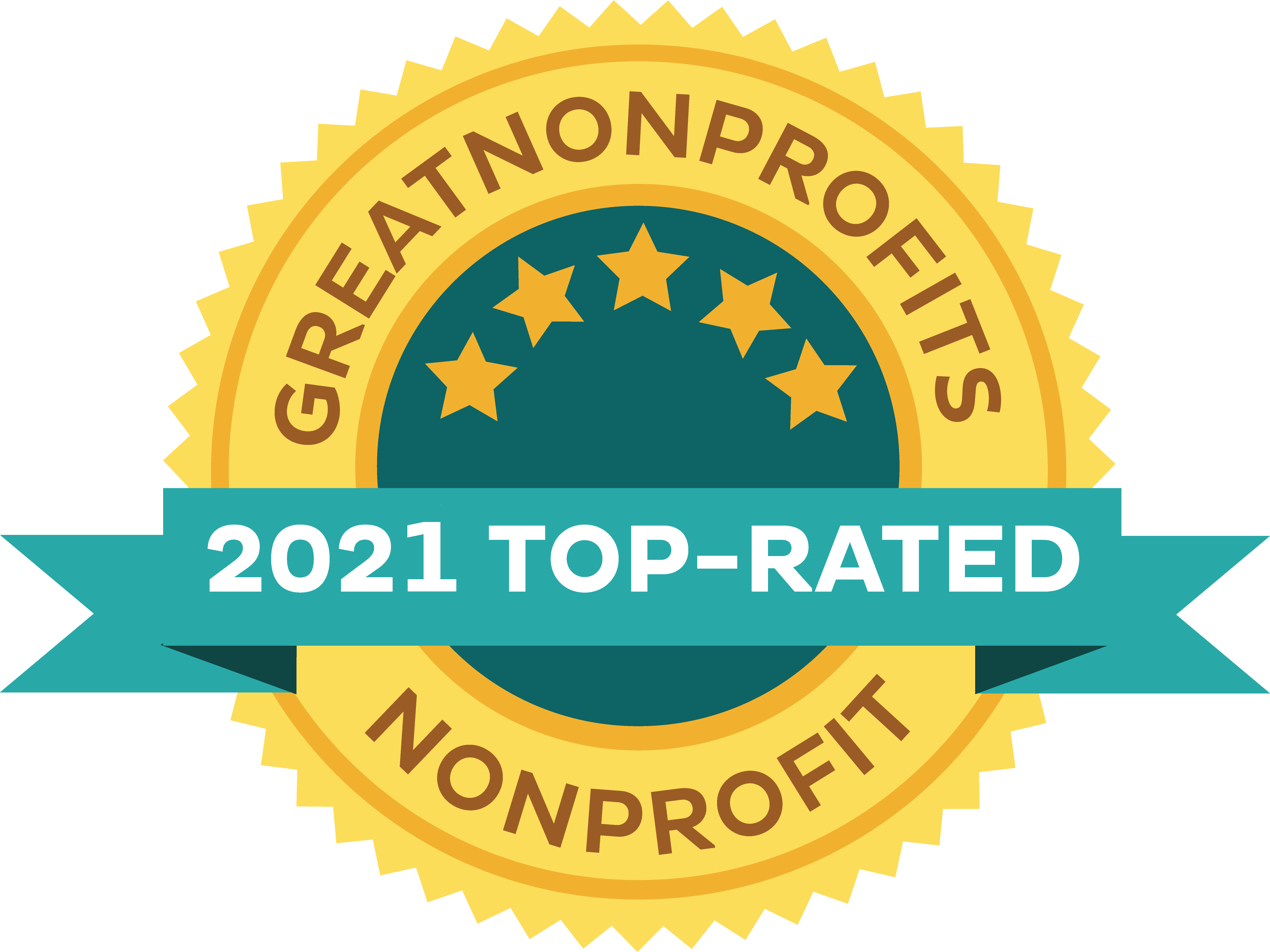In the past year, CEO of the Institute Emanuela Appetiti and Scientific Director Alain Touwaide have widely reached out. If they lectured for many audiences in the country, from the Smithsonian Resident Associates in Washington, D.C., to the scientists of the Food and Drug Administration in College Park, MD, and from the National Center for Natural Product Research of the University of Mississippi at Oxford to the Embassy of Greece in Washington, D.C., they were also actively present abroad. From Canada to France and Turkey, they participated in several conferences where they presented the research activity in the Institute.
In Canada, at the University of Victoria (UVic), in Victoria, B.C., more particularly, Alain Touwaide taught a course on the history of medicine in the Master Program on the Social Dimensions of Health organized at the Faculty of Social Sciences. The course included magisterial lectures and an essay on a historical topic. It was complemented by various lectures at the University, from the Department of Classical Studies to the Medical School. Touwaide also made two presentations of his research at the University of British Columbia (UBC), in Vancouver.
Later on during the year, Alain Touwaide was a Visiting Professor in Paris, France, at the Université Paris Diderot. He was invited by the Laboratory SPHERE specialized in the history of sciences, with a particular focus on the Arabic world. Besides classes on Byzantine medicine and the diffusion of knowledge in the medieval world, he interacted with scholars of different laboratories, including the Institute de Recherche et d’Histoire des Textes (IRHT) of the Centre National de Recherche Scientifique (CNRS), which hosts, runs and maintains the so-called PINAKES data-base. As a result of this stay, the Institute signed an agreement of collaboration with the IRHT, aimed in a first phase to standardize the authority lists of names of ancient Greek physicians and titles of works.
In Italy, the Institute was present at the Night of Museums in May. In Rome, Touwaide and Smithsonian geneticist Robert Fleischer met the archeologists of the Italian Department of Antiquities who participated in the under-water excavation and the analysis of the remains of the shipwreck better known as the Relitto del Pozzino. Their public presentation offered an exceptional opportunity to share all available data, including the current state of the research by Touwaide and Fleischer on the medicines recovered from the shipwreck. The meeting in Rome was followed by another at the Museum of Piombino, in Tuscany, where the remains of the ship are preserved.
The 2nd International Conference on Scientific Techniques Applied to Bioarchaeology held at Kusadasi in Turkey gave a further opportunity to Touwaide and Appetiti to illustrate their work to a selected audience of scientists from all over the world during the Key Note Lecture. Coming after the 1st Conference in Iraklio (Crete), which focused mainly on paleo-pathology and DNA analysis of human remains, this one explored a larger array of topics, including an analysis of Socrates’ death at the light of advanced pharmacological exploration.
The outreach activity of the Institute has been largely relayed by the media during the year 2011. From the scientific magazine DISCOVER to the Web site of the American Association for the Advancement of Science (AAAS), from the Washington Post to the BBC, the research activity of the Institute has been featured in a multiplicity of media. Diffusion of information has been further expanded through the Internet and reached Central Europe, Russia or Vietnam, for example. The social media further amplified this movement and helped circulate the information on the most advanced aspects of the research performed in the Institute as it happened during the Life and Literature conference organized in Chicago by the Biodiversity Heritage Library.
It is no surprise that the Institute has received several requests of collaborations and partnership during the past year. One such request coming from Sri Lanka is an invitation to digitize and study ancient medical texts written on palm leaves currently preserved in the Collection of the Royal Society using the concepts and methods developed in the Institute on the basis of the Greek medical tradition.


